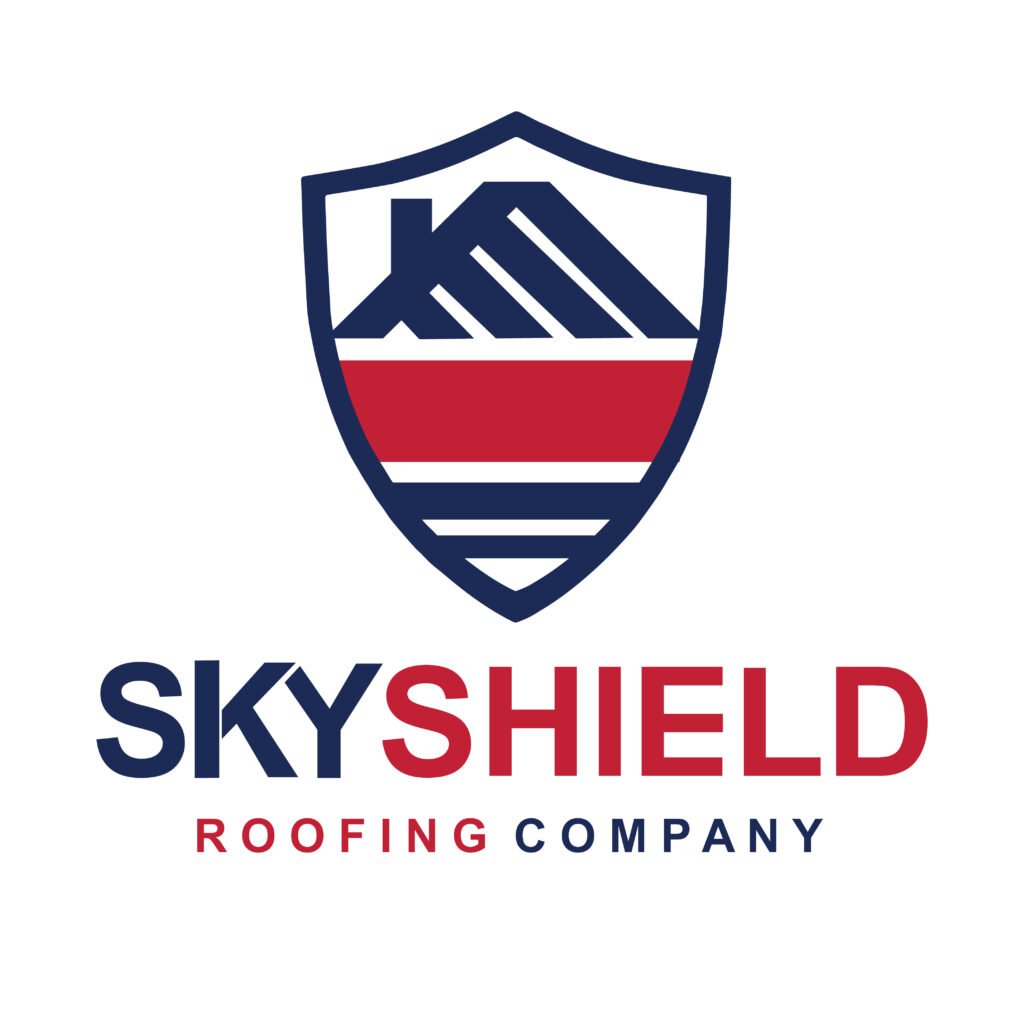What Not to Say During a Scottsdale Homeowners Insurance Claim
Home / Blog
Here’s the thing: When your roof’s been damaged and you’re on the phone with your insurance company, what you say matters — a lot. One wrong phrase can affect whether your claim is approved or denied. Scottsdale homeowners, take note: insurance adjusters listen carefully for words that suggest “maintenance issues” rather than “sudden damage.”
In this post: We’ll go over the most common mistakes homeowners make when filing claims, what to avoid saying, and how to communicate clearly to protect your payout.
Real story: A Scottsdale homeowner we helped last summer called their insurer after a monsoon storm ripped off roof tiles. When asked when the leak started, they said, “Oh, it’s been leaking for a while.” That one sentence gave the insurer grounds to deny the claim — calling it “pre-existing damage.” Painful lesson learned.
1. Don’t Admit Fault or Guess About the Cause
Stick to the facts — not assumptions. If you’re not 100% sure what caused the damage, say so. For example, don’t say, “It’s probably from age” or “I think the roof was just old.” Let the adjuster or roofing professional determine the cause.
Say this instead: “We noticed the damage after last night’s storm.”
2. Avoid Saying “It’s Been Like That for a While”
That phrase is one of the quickest ways to get a denial. Insurance only covers sudden and accidental damage — not wear and tear. Even if you’ve seen minor issues before, avoid suggesting the damage was ongoing.
Say this instead: “We first noticed the issue after the recent wind/rain event.”
3. Don’t Speculate About Repairs or Costs
Leave repair estimates to professionals. Throwing out a number (“It might cost $5,000”) can anchor expectations too low or make your claim sound uncertain. Wait until your roofer provides a written estimate before discussing costs.
4. Never Say “It’s Not That Bad” or “I Just Need a Small Fix”
Downplaying damage can lead to lower payouts or a full denial. Adjusters note everything you say — and if it sounds minor, they may close the claim prematurely.
Say this instead: “We’d like to have a professional assess the full extent of the damage.”
5. Don’t Mention DIY Repairs
Insurers can deny coverage if they think unlicensed work contributed to the problem. If you patched something temporarily, that’s fine — but don’t emphasize it in your initial report.
Say this instead: “We secured the area to prevent further damage until inspection.”
6. Avoid Emotional or Angry Language
It’s understandable to be frustrated — but losing your cool or blaming the adjuster won’t help. Keep your tone calm, factual, and cooperative. You can escalate issues later if needed.
7. Don’t Sign or Agree to Anything Immediately
Adjusters may ask you to sign a statement or “finalize” your claim quickly. Don’t do it until your roofing contractor reviews the scope of work. Once you sign off, it’s difficult to reopen the claim for additional repairs.
8. Bring Your Roofer Into the Conversation Early
A licensed Scottsdale roofing contractor (like us) can speak the insurer’s language. We document storm damage clearly, provide detailed repair estimates, and help you avoid wording that sounds like “wear and tear.” Having a pro involved often results in faster and fairer settlements.
9. Common Red Flags for Insurers
Here are phrases adjusters are trained to flag:
- “It’s been leaking for a while.”
- “The roof’s kind of old.”
- “I patched it myself.”
- “It’s just a minor issue.”
- “We don’t really maintain it much.”
Replace those with simple, objective statements about what you saw and when you saw it.
Final Thoughts
Bottom line: Be factual, calm, and concise. Stick to the timeline of when you noticed the damage and let the professionals — your roofer and adjuster — determine the rest. It’s the difference between a denied claim and a paid repair.
Need help documenting roof damage? Get a free inspection or use our Instant Quote tool from Sky Shield Roofing Company. We’ll help you gather the right evidence and communicate effectively with your insurer. For more guidance, visit our Scottsdale Roofing FAQs.
